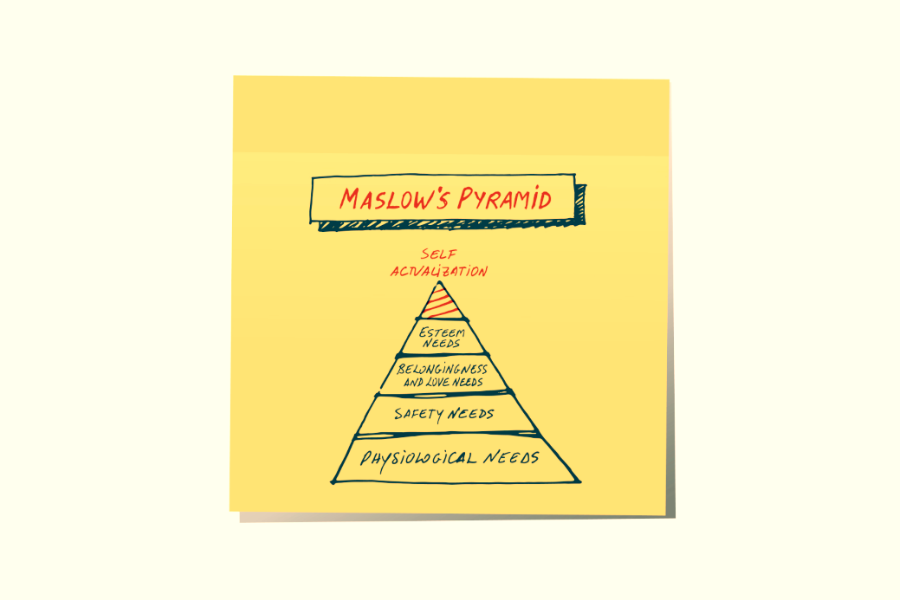Get analysis, insight & opinions from the world's top marketers.
Sign up to our newsletter.
Rob Dreblow, WFA’s Global Head of Marketing Services, outlines six positive changes in brand behaviour that have stemmed from the pandemic and restrictions on our movement and lifestyles.
As a Brit, cynicism comes naturally. And it would be easy to apply that critical thinking to our industry’s response to the pandemic.
Have you received messages from the CEO of ‘Company X’ whom you’d forgotten had your email address assuring you they are “by your side, now more than ever”?
Did you wonder “when the shit hit the fan” whether some who have thrown the word ‘partner’ around for the past few years appreciate their hypocrisy as they squeeze their agencies and suppliers even tighter?
Me too.
Yet, despite this, the inspiring level of humanity many have witnessed in day-to-day life has also come to the fore within many multinational companies.
Here are some of the examples we have come across during our series of remote forums, waves of research and our Covid Compendium, which we’ve been focused on during the lockdown:
Marketers profess to love change. Now is no exception, with 84% of WFA members agreeing the crisis is an opportunity to “rethink everything in terms of our marketing organisation”. Yet it’s rare that we really challenge the fundamentals of how we operate.
Often viewed as physical training’s poor cousin, increases in remote learning have been very effective and resulted in “massive cost efficiencies and time saving”, whilst also cutting down on companies’ carbon footprints, according to our marketing capabilities forum. Similarly, some global CMOs shared on “the potential to now recruit the best talent around the world without having to pay for them to relocate to our HQ”.
Another popular word in the past few years is agility. The large multinationals in WFA membership are not always known for this (in fact, “ocean liner” is a word that is often used when comparing some to the “speedboat start-ups”). Yet delivering results during lockdown has left many companies surprised at their own capacity to adapt.
Whether looking at growth hacks “completed in one week, where it would have taken us three months in the past” or setting up “a brand-new DTC platform in 30 markets in 30 days”, the need for speed has resulted in many companies realising their own potential for agility.
Like neighbourhood communities, brand-to-brand partnerships are nothing new (WFA was founded on this premise in 1953). Yet, as in a lot of neighbourhoods around the world during lockdown, many brands have found themselves coming closer together.
Forty percent of WFA members have successfully set up new partnerships during the crisis. Whilst the details are not shareable, this certainly demonstrates a dramatic acceleration of a trend we predicted for 2020.
The global-local dynamic is a fascinating area for anyone in a multinational role. Whilst central marketers talk to “unifying human insights transcending boundaries”, local colleagues often roll their eyes and explain that “our market is different”. Yet the nature of the pandemic has meant that global insights have been able to deliver clear value to local markets. Being able to track, and learn from, global data has been invaluable.
In some cases, brand owners have been running townhalls to “share the latest data and trends on a weekly basis”. And some have even noticed (with all respect to the world’s biggest ad market) that “even the US [national marketers] are finally talking to global”.

One of the observations made by many is that people’s needs changed during lockdown, regressing down Maslow’s hierarchy to the basics of safety for themselves, their families, and their friends.
The same could be said of companies, with an outpouring of support for co-workers on the front-line and a “newfound appreciation of the benefit of working with colleagues”. As the value of simply “eating at a restaurant or sharing a bottle of whiskey with a friend has been re-evaluated”, so will the value of meeting with colleagues in shared spaces (will we even need offices?).
The pandemic has not put an end to populist politics nor aggressive nationalism: criticism of specific countries’ approaches to dealing with the pandemic has filled the news.
The crisis will result in “more distrust between the country’s politicians. More barriers to trade. More civil unrest.” Yet many WFA members are experiencing the polar opposite. From macro acts of collaboration, such as Sanofi and GSK working together to find a vaccine, to micro examples of brand owners promoting competitors’ brands in advertising, for example Unilever’s Lifebuoy in India.
Some politicians will try to pull the world apart. I like to think we can all now boast to have experienced some of the best examples in living memory of what we can achieve when the world comes closer together.
Many of us have learned to love key aspects of lockdown. We now have a golden opportunity to analyse what really worked to help us build back better.

For more information or questions, please contact Rob Dreblow at r.dreblow@wfanet.org